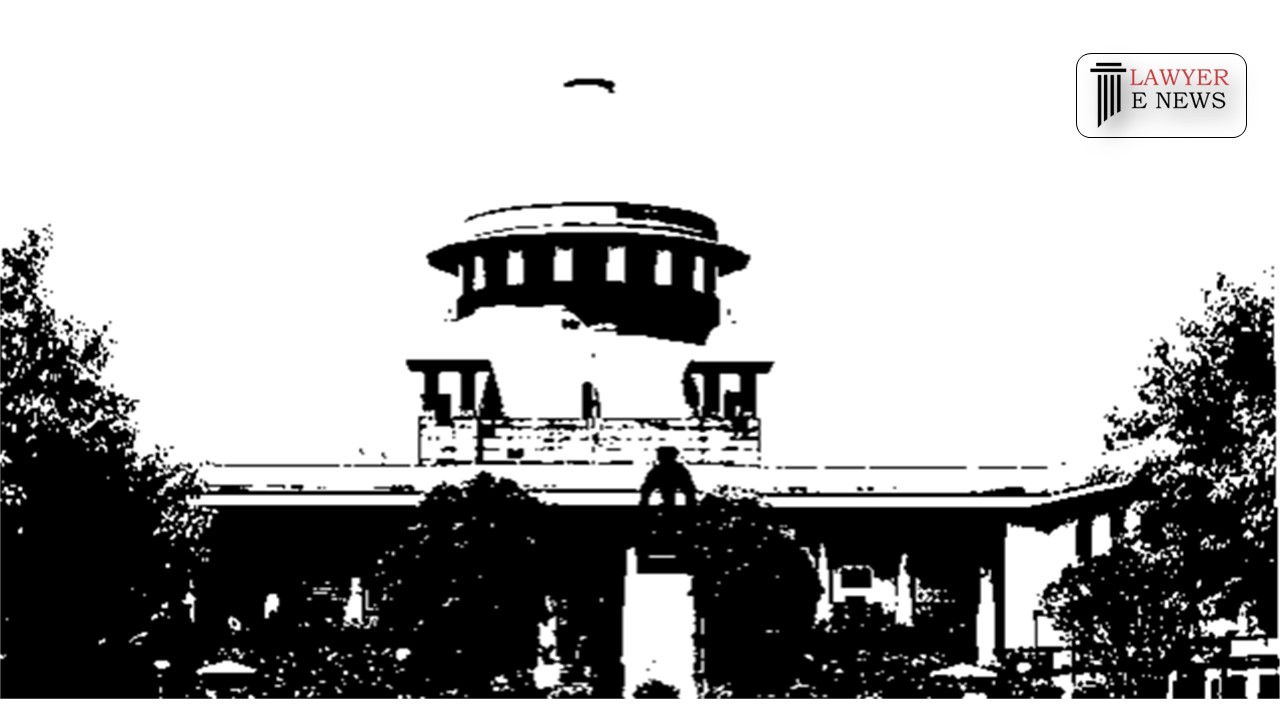-
by Admin
16 February 2026 1:47 PM



In a significant ruling, the Supreme Court today acquitted three individuals in a 2003 home invasion and murder case in Punjab, underscoring the absence of an unlawful assembly and casting doubts on the reliability of witness testimonies.
The apex court’s decision pivoted around the non-establishment of an unlawful assembly under Section 141 of the IPC and the questionable identification of the accused by witnesses. The Court emphasized that for charges under Sections 460 and 302 with the aid of Section 149 of the IPC to stand, the existence of an unlawful assembly was imperative, a condition that was not met in this case.
The case involved a violent home invasion resulting in theft and the death of two individuals. The appellants, previously convicted by lower courts, appealed to the Supreme Court. Key issues included the reliability of eyewitness testimony, the absence of a test identification parade, and the legal significance of an unlawful assembly in sustaining convictions under various sections of the IPC.
The Supreme Court, led by Justice Abhay S. Oka, critically assessed the eyewitness accounts, noting inconsistencies and the failure to identify the assailants clearly. “The prosecution has failed to prove the commission of the offence,” observed Justice Oka. The Court also noted the non-examination of crucial witnesses and the doubtful identification of recovered ornaments.
The judgment revisited the principles surrounding unlawful assembly, eyewitness reliability, and the necessity of a test identification parade. The Court highlighted that for convictions under Section 148, 460, and 302 with the aid of Section 149, the formation of an unlawful assembly is a prerequisite.
The Supreme Court set aside the earlier judgment of the High Court of Punjab and Haryana, acquitting the appellants Kishore, Bala, and Banaras of all charges. The Court stated, “In the absence of cogent evidence, it is not possible to uphold the conviction,” leading to their acquittal.
Date of Decision: February 7, 2024.
Kishore & Ors. Vs. State of Punjab
